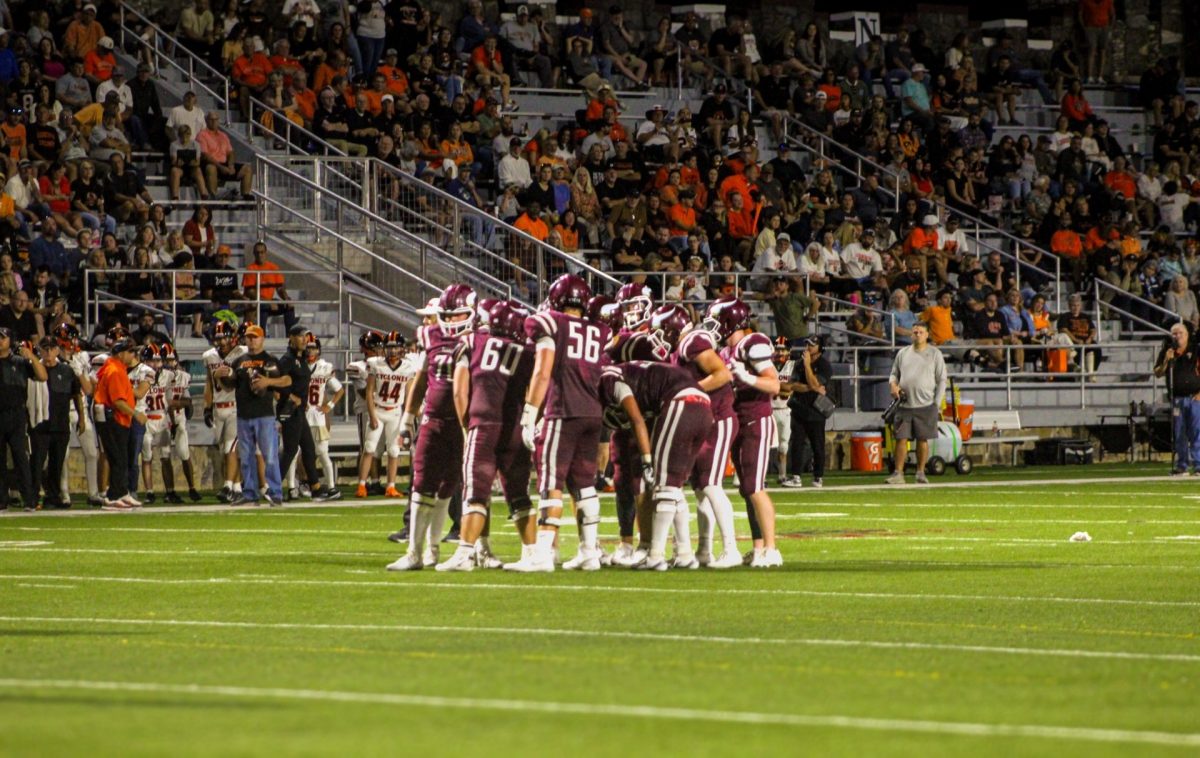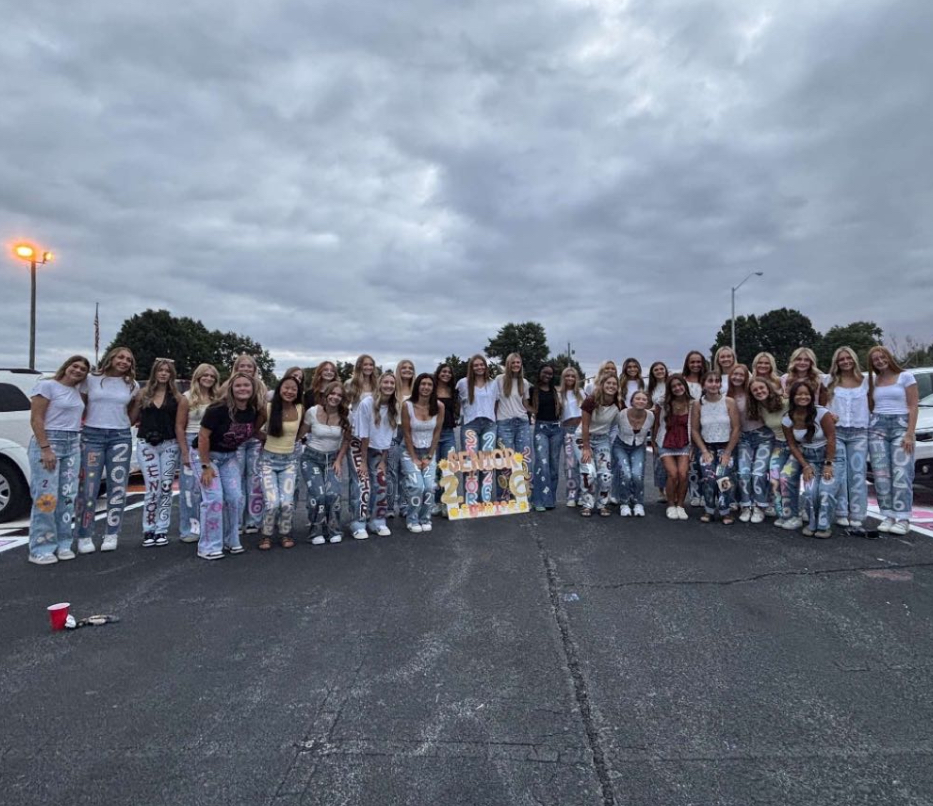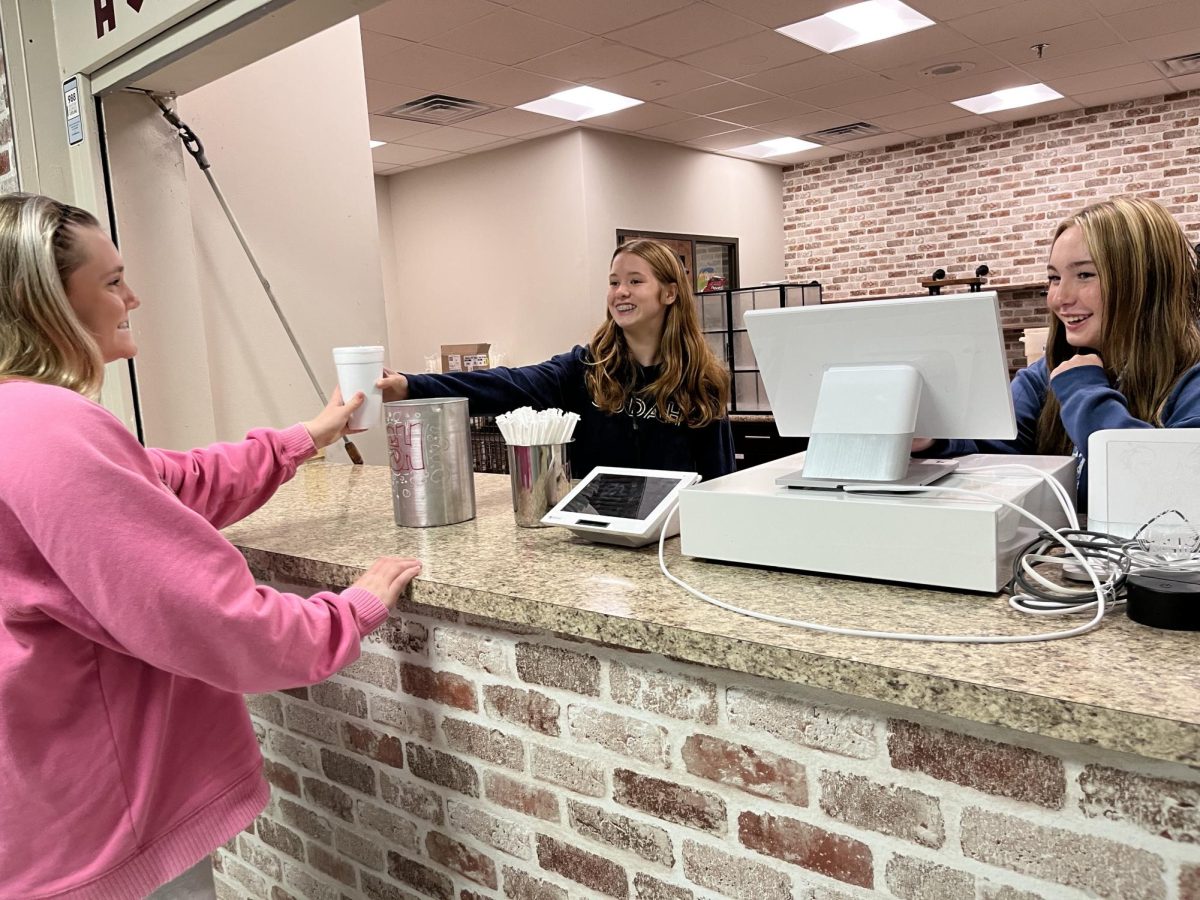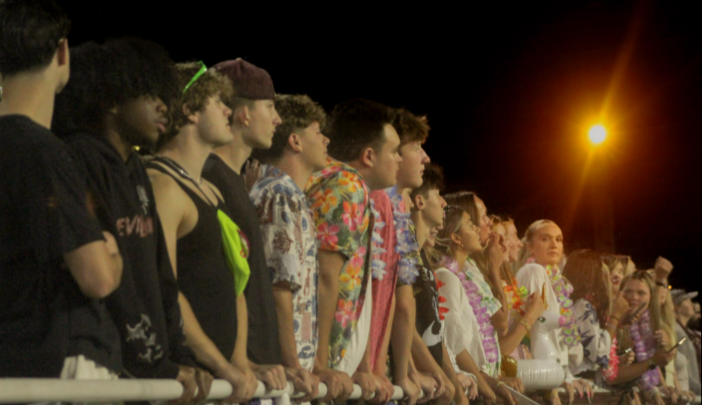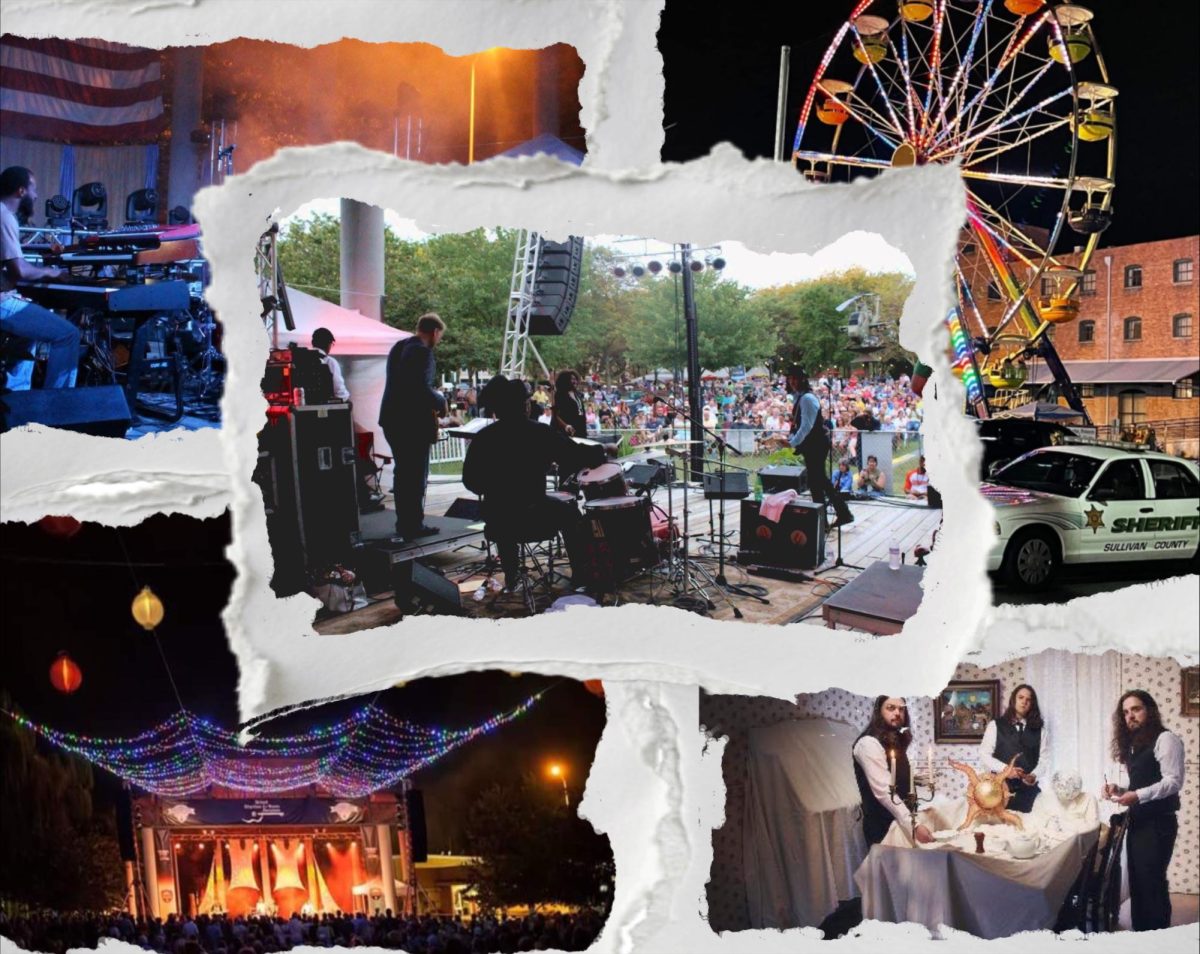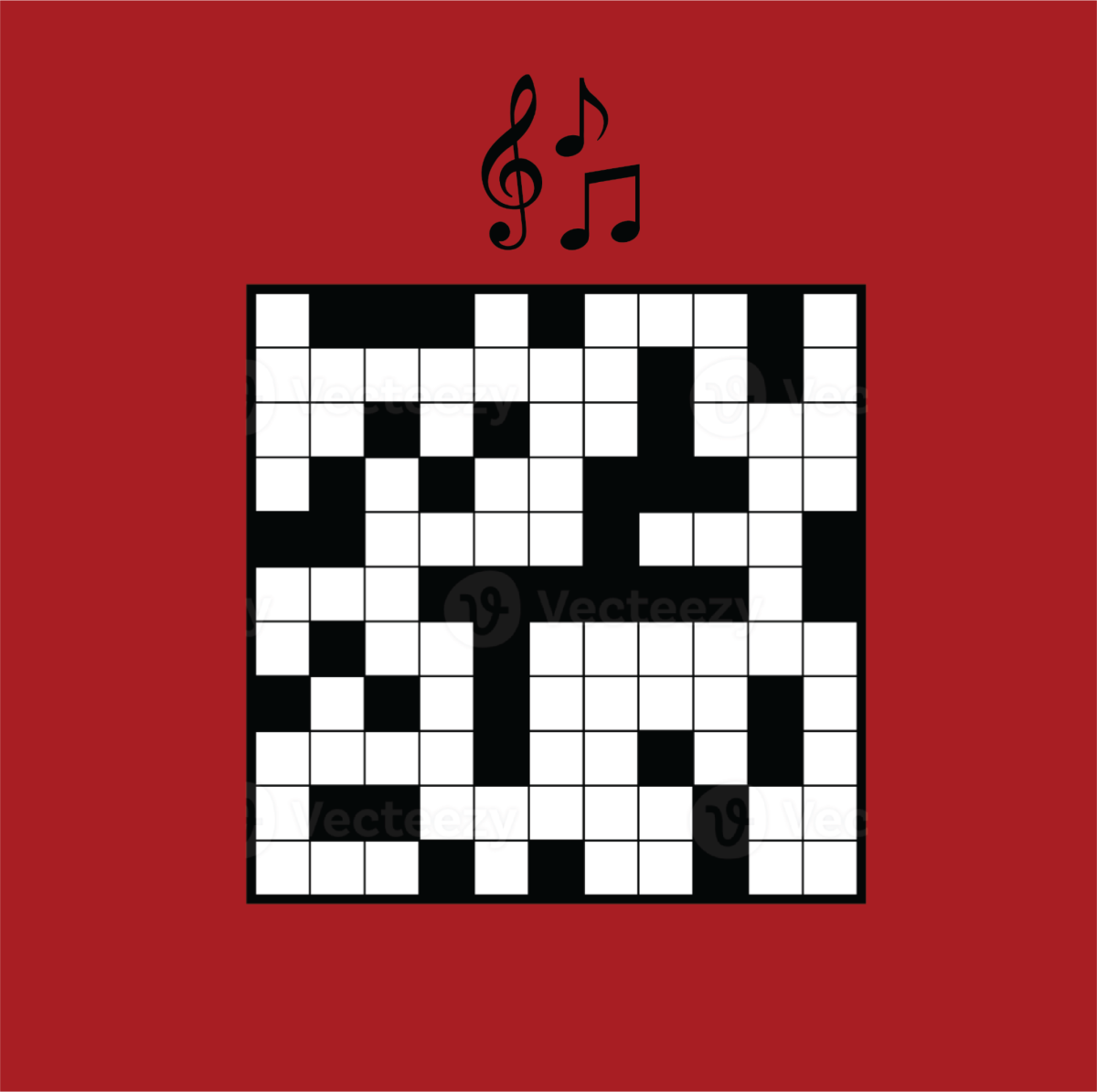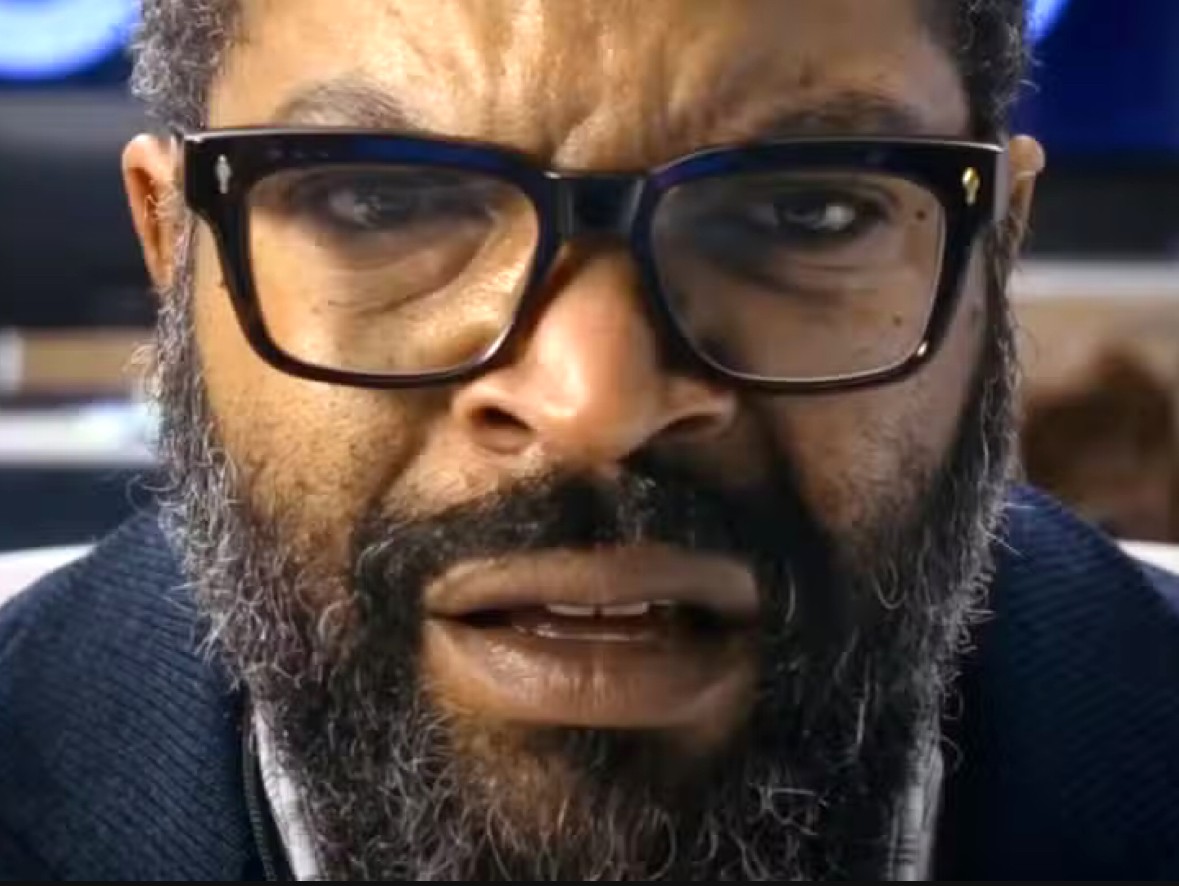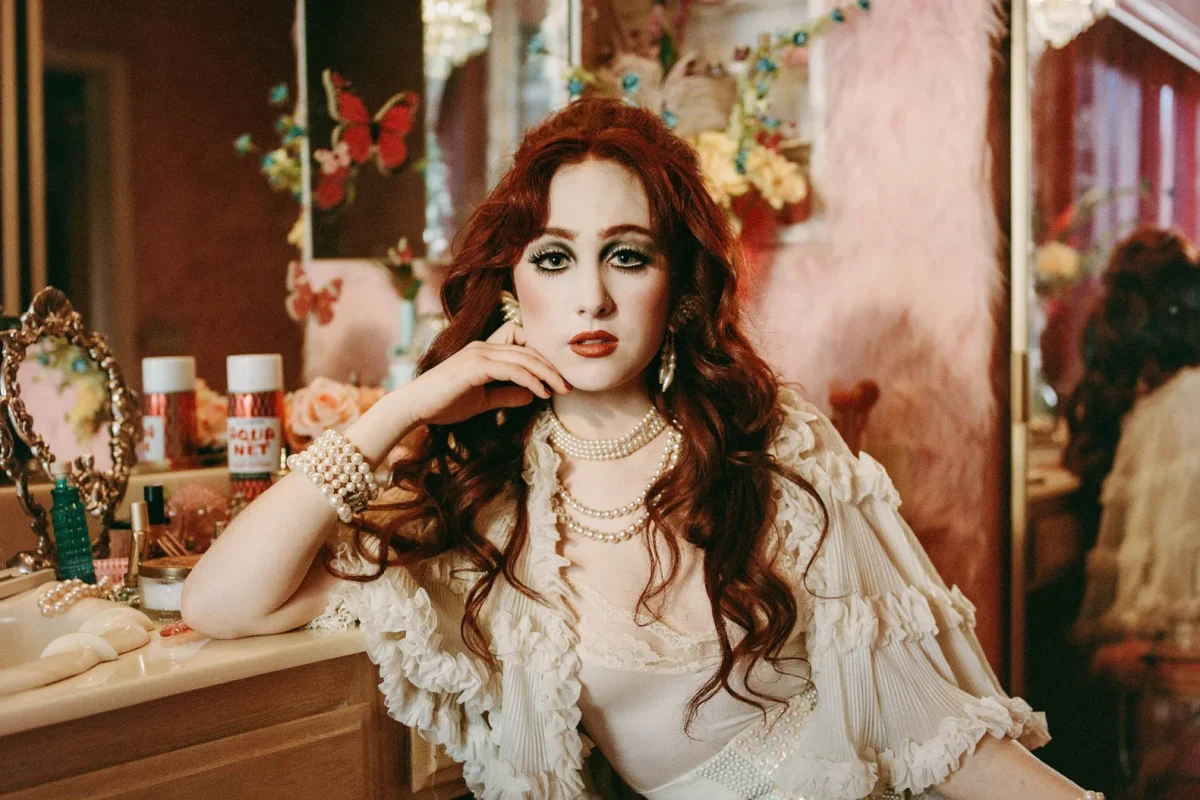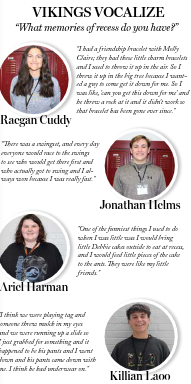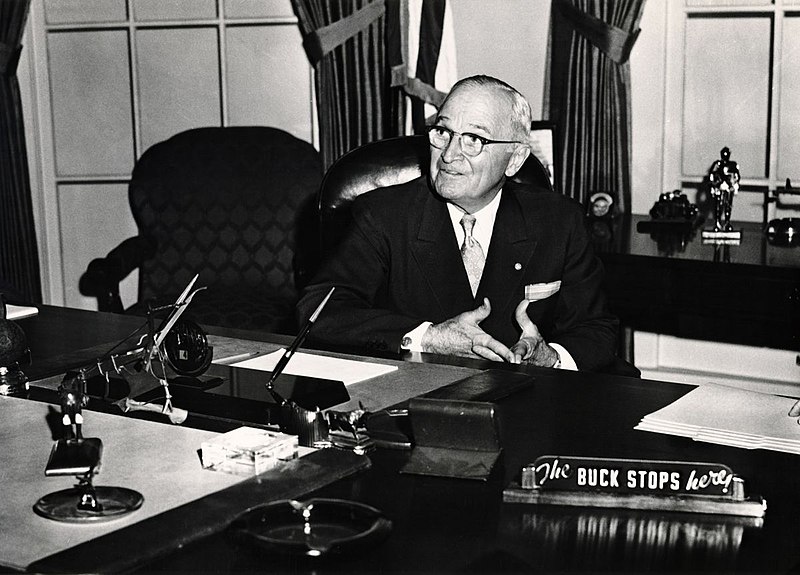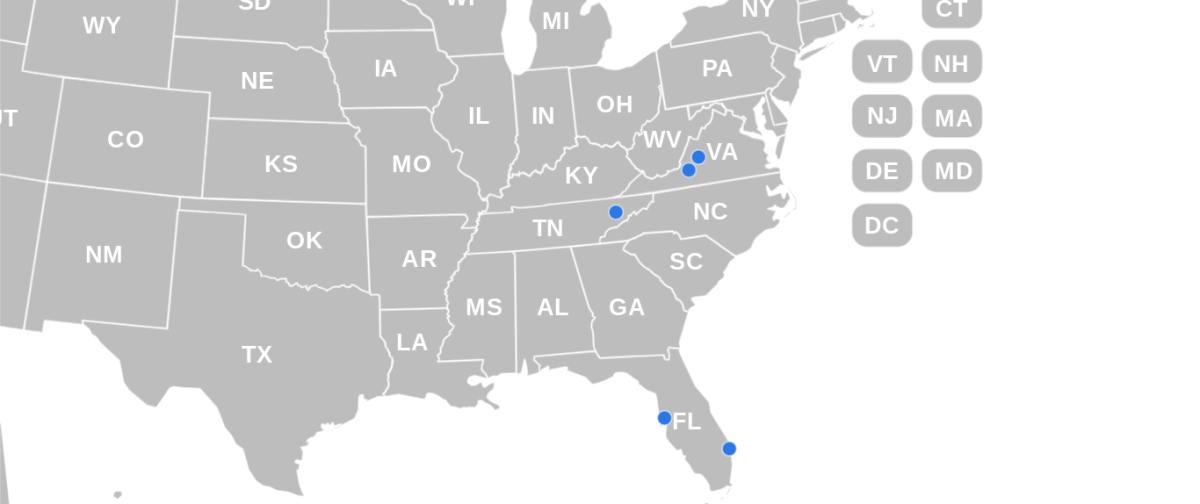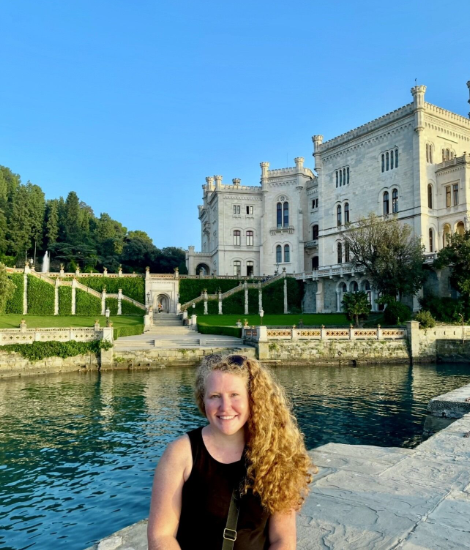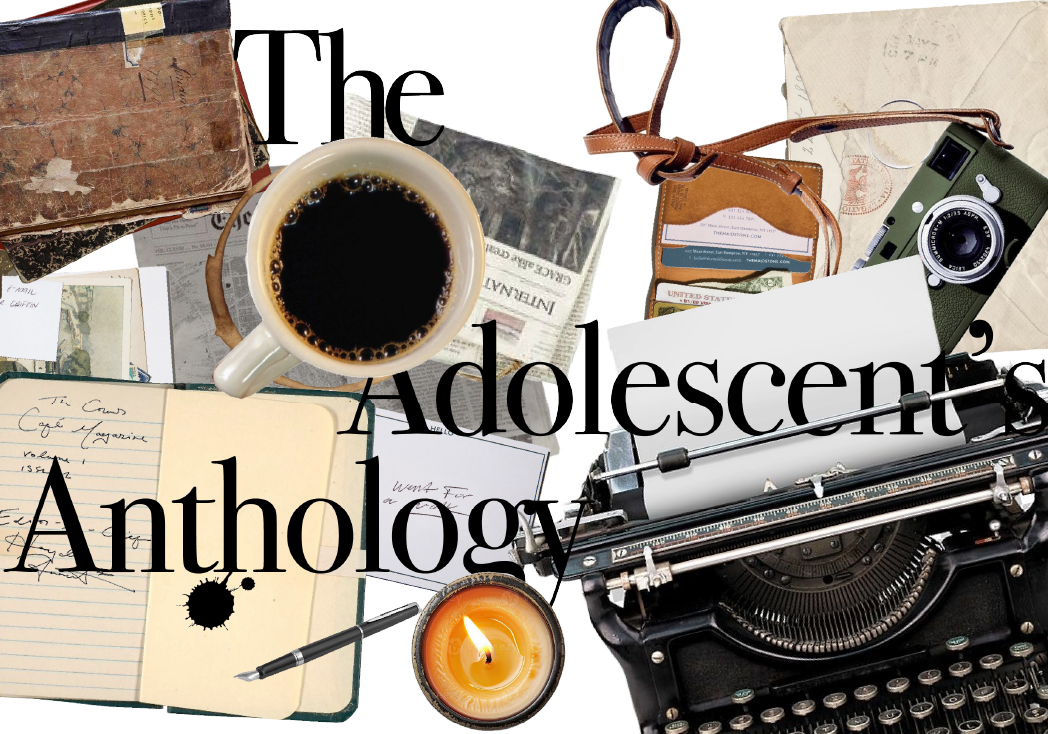As humans, we spend our whole lives trying to communicate. We come out of the womb screaming. Before we can muster any coherent words, we conjure up unintelligible noises so our parents will pay attention to us.
When we can finally speak, we talk about everything and everybody. When we’re growing older and more and more of a contrarian, we have drawn out arguments that end in slammed doors and hurt feelings.
We become journalists and authors and motivational speakers and directors and photographers and lawyers and coaches and foremen and politicians and managers.
This drive, this need to share who we are is innate. It’s born from feeling misunderstood, from grappling with discovering who we are.
That’s why I think the most valuable lesson that we, as a culture and society, can teach any one person is that what they have to say means something to somebody and that they shouldn’t feel ashamed or silenced when it comes to navigating their own lives and emotions.
But one thing’s for certain: the vocalization of teen’s stories, identities, and experiences—no matter in what format or how insignificant they may seem—is necessary in order for youth to feel seen, heard, and validated in their adolescence.
And the experience of traversing your own coming of age is perpetual and indispensable in understanding who you are and how you see the world: it’s a rite of passage.
That’s why, in the summer of 2023, I created The Corner Cafe Magazine. Formed around the basis of “everything you would discuss over coffee,” I vowed to feature anything and everything that was submitted to me: no matter if it was a poem, a short story, a journal entry, or a late night notes app brain dump.
I wanted it to feel organic, like a collection of conversations you would overhear in a crowded coffee shop (that make you wonder about the life behind the speaker on your walk home), because I think the best writing is born from the mundane.
But I also wanted it to be a place for writers to publish their work—especially those without a means to—and feel the satisfaction and validation of seeing their thoughts and ideas in print.
Sharing, and ultimately uplifting, the work of young writers not only reinforces their own sense of identity, but it also demonstrates to the world the value and importance of their ideas.
The evidence of this impact is insurmountable: look at Malala Yousafzai, Greta Thunberg, Anne Frank, and S.E. Hinton for example. Through each of their respective contributions to literary culture, they have effectively changed the way that society views itself.
Essentially, just because someone is young doesn’t mean that what they have to say is of any less value. That’s how I came up with the basis of this column: during every month for the rest of the school year, I will feature and discuss the work of a young writer to perpetuate this value.
I want to share the work of the next wave of authors, writers, journalists, and more in order to not only promote their work, but bring awareness to the fact that young people have something important to say—and they can do that through writing.





